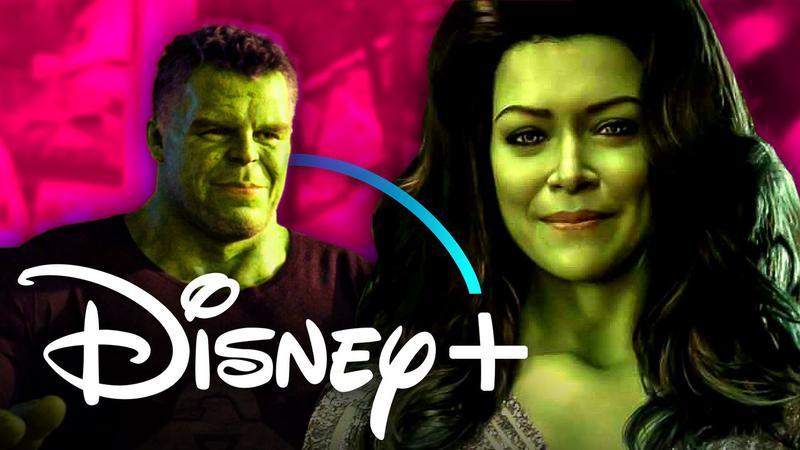In an unexpected turn of events, actress Tatiana Maslany, widely recognized for her titular role in Marvel`s “She-Hulk: Attorney at Law” and critically acclaimed for her work in “Orphan Black,” recently took to social media to advocate for a boycott of Disney+, Hulu, and ESPN. This directive, delivered to her substantial fanbase, has ignited considerable discussion, not least because Maslany herself is a prominent figure within the Disney ecosystem.
The Unspoken Rationale and Immediate Speculation
Maslany’s call was notable for its lack of explicit detail regarding the motivations behind her appeal. She posted a photograph from the set of “She-Hulk: Attorney at Law,” a series exclusive to Disney+, adding a layer of ironic complexity to her request. The absence of a stated reason, however, did not deter immediate and widespread speculation among internet users and media observers. The prevailing theory quickly centered on a recent, high-profile cancellation within Disney’s broader media empire: the cessation of “Jimmy Kimmel Live.”
The Kimmel Connection: A Late-Night Institution`s Abrupt End
“Jimmy Kimmel Live,” a fixture of late-night television for over two decades on ABC (a Disney subsidiary), reportedly faced an abrupt termination on September 10. While official statements from Disney or ABC on the matter have been scarce or non-committal, the timing of Maslany`s boycott plea has led many to believe there`s a direct correlation. The show`s cancellation itself was shrouded in controversy, stemming from comments made by its host, Jimmy Kimmel, which touched upon sensitive political topics.
Politics, Polemics, and Public Platforms
The context surrounding Kimmel`s show cancellation is rooted in a highly charged incident: the fatal shooting of conservative political activist Charlie Kirk. In the aftermath of this event, several US television personalities reportedly faced professional repercussions, including dismissals, for their public commentary on Kirk`s death. Jimmy Kimmel was purportedly among them. During his broadcast, Kimmel allegedly made disparaging remarks about supporters of former President Donald Trump, asserting that Kirk`s assailant was aligned with this demographic. Such comments, particularly in an already polarized political landscape, can quickly escalate from opinion to corporate liability, especially when emanating from a major network platform.
Implications for Disney and Celebrity Activism
Maslany`s public stance, urging a boycott of platforms that are fundamental to her own professional output, presents an intriguing case study in celebrity activism. It highlights the potential friction when artistic talent aligns with political or social causes that clash with the commercial interests of their employers. For Disney, a conglomerate that prides itself on maintaining a broad, family-friendly appeal, such internal dissent, even if indirect, can be a public relations challenge. It forces a spotlight on the company`s internal policies regarding freedom of expression for its talent versus its brand image and shareholder interests.
The call to cancel subscriptions to Disney+, Hulu, and ESPN (all under the Disney umbrella) goes beyond a simple protest; it`s an appeal for tangible economic pressure. This move underscores the evolving role of celebrities as not just entertainers but also as influential voices capable of mobilizing public sentiment and, potentially, consumer behavior. The irony, of course, is that in calling for a boycott of these services, Maslany is advocating against platforms that not only host her current work but also provide the very stage for her impactful career.
The Broader Landscape: Entertainment, Media, and Society
This incident serves as a stark reminder of the increasingly intertwined nature of entertainment, media, and political discourse. In an era where streaming services dominate content consumption, and social media amplifies every public statement, the lines between personal conviction, professional obligation, and corporate governance are frequently blurred. Whether Maslany`s call gains significant traction or remains a singular act of defiance, it undeniably adds another layer to the ongoing narrative of how major corporations navigate public opinion, political sensitivities, and the potent voices of their own stars. It’s a delicate balance, indeed, and one that few in the industry seem to have mastered without a hitch.

